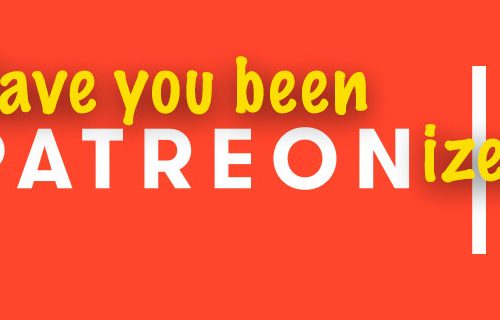Stories of people being arrested and even charged in Britain over rude or obnoxious tweets and Facebook posts are increasing in frequency. After the public outcry over the absurd arrest of Paul Chambers (who now has a criminal record) you’d think the police policy would be reviewed. If anything they have become more resolute to police politically-correct politeness. Remember how we all sneered and snorted with derision when the tabloids would run “political correctness gone mad” stories. “Right-wing hysteria”, we’d cry. So how did we get to the point where people could be arrested for Twitter jokes and Facebook rants?
Even Lord Sugar was visited by the plod over a “racist” tweet. The police told him they “take this very seriously”. Really? Isn’t there something else they could be taking very seriously?
The latest victim was arrested, had his computer confiscated for three weeks, was held in police custody for the best part of a day, DNA swabbed and dragged in front of magistrates before the CPS – I imagine with some reluctance – dropped the charges for “lack of evidence”. The joke he told, concerning Nelson Mandela (before he died) was:
[Insert mildly disrespectful joke here. We don’t dare reproduce if for fear of arrest]
The Daily Star have courageously reprinted the joke, so read it here.
But it seems there’s more to it than first meets the eye. From a Birmingham Mail report, it seems to me that the councillor who made the complaint did so maliciously as part of an ongoing dispute with the arrested man over a civic issue. I think it is very serious when elected officials use the police to harass citizens who criticise them or who oppose them.
Now of course it will be claimed that this man, Neil Phillips, has previously had links to the far right, but so what? Does this mean he can’t make jokes? We don’t have to find them funny. We don’t have to think he’s a nice guy. But the police getting involved in online spats and policing Internet manners has to stop. Never mind the cost to the public purse, the potential for abuse by spiteful people with hair-trigger sensibilities who weaponise the police for web-spats is now very obvious.
Section 127 of the UK Communications Act 2003, which predates Facebook and Twitter and much of the off-the-cuff communications we now take for granted is clearly not fit for purpose and its nebulous language open to abuse. At the end of last year, Index On Censorship thought a change was afoot. They spoke of a “high threshold” for prosecutions. It transpires they were over-optimistic. If anything it has become worse. One the other hand, raising the bar for prosecutions doesn’t stop the police harassing people (and yes, being arrested, charged, DNA-swabbed, held in custody and released on bail certainly is harassment even if the charges are ultimately dropped.)
If the police think arresting jokers is a legitimate use of their powers, they are either dangerously stupid or dangerously evil. Either way, it a freighting glimpse of how easily a democracy can transform into a police state.
It is no good us tutting and tsking. We live in a democracy where the public’s will must be reflected in public policy, particularly in a society where the police pride themselves for (supposedly) “policing by consent“.
Do we consent to this?


